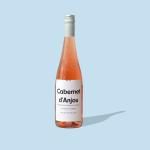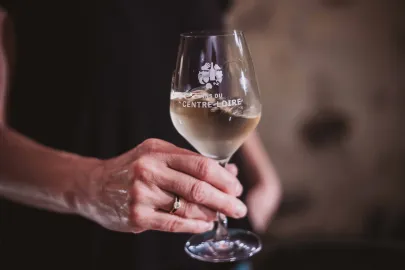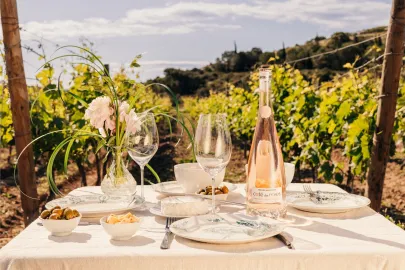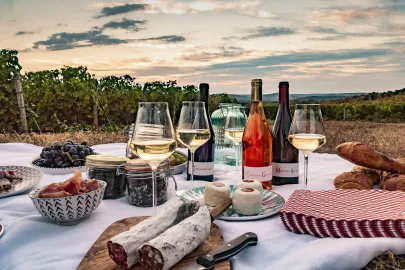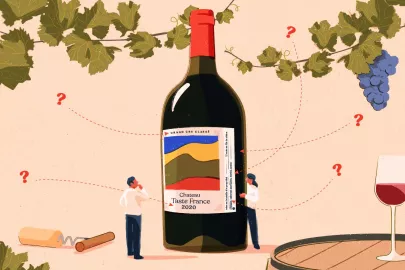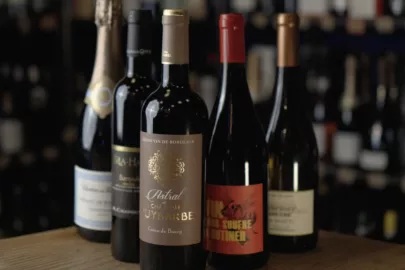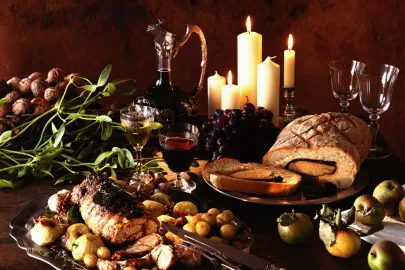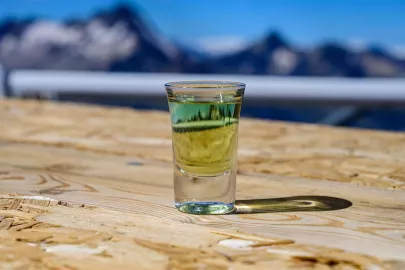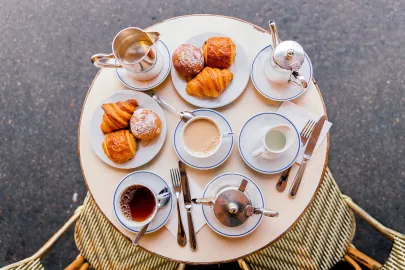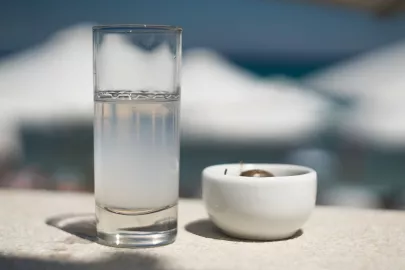The wine cork is the respectable older gentleman of the wine industry. The screw cap is the young up-and-comer eying his throne. International travel is shaking up the status quo.
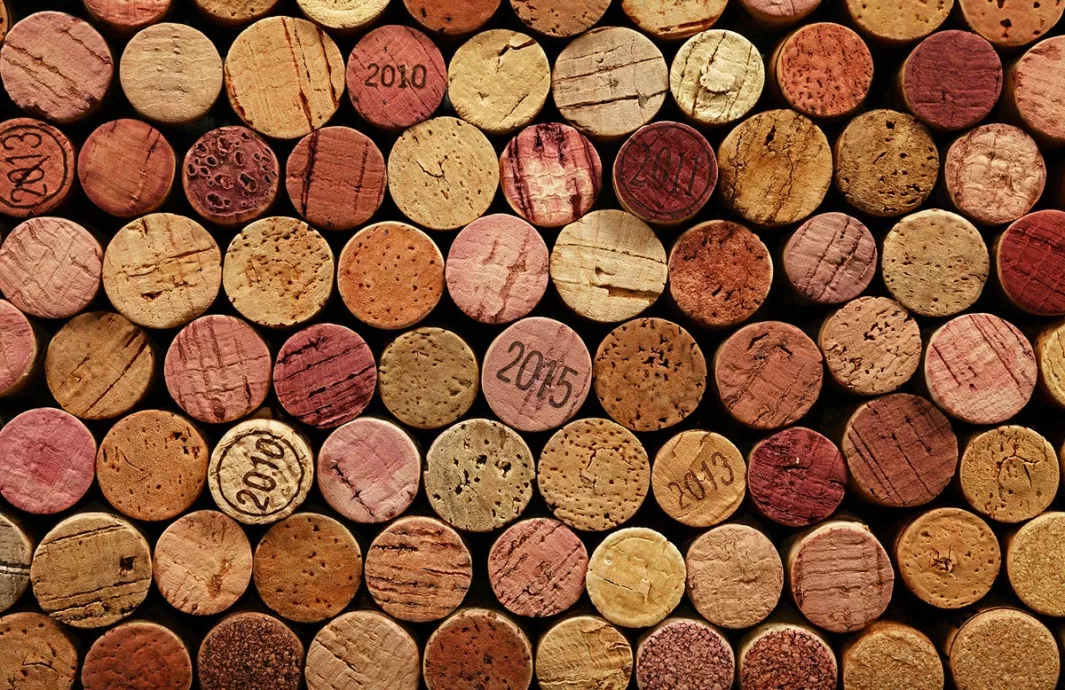
In the early 2000s, an English, Kiwi, and French couple met at a Parisian bistro. They ordered four bottles of wine. Three bottles were capped with a wine cork, while the fourth had a screw top. Surprise... one of the bottles was corked. The Kiwi was surprised to see that only one of the four bottles featured a screw top. In New Zealand, wine corks are few and far between. The Englishman agreed, not surprised. In the English market, the screw top, which dates back to the late 1960s, was already in vogue at the time. The Frenchman smiled at the "pop" of each wine cork, that one-of-a-kind sound that comes before the first delicious sip. For him, it's a ritual that makes the experience that much more enticing. As for the faults of the wine, you have to know what you're about to identify them. Two worlds, both old and new, collided that day in the bistro.
Old World vs. New World
Twenty years later, the same friends met again and noticed that the times had changed. Both cork types have carved out their own place in the wine industry. The quality of wine corks has improved. According to the Frenchman, cork has been used for several thousand years, and its heritage should be preserved. This beautiful and natural material will always be favored by top winemakers.
The Englishman grumbles about how even nice vintages have switched to the screw top these days. Only wines meant for cellaring continue to use cork. The pragmatic Kiwis, on the other hand, are happy about the change. Not only does the screw top prevent the wine from aging, but it also doesn't require the use of a wine opener—no offense to the English, who invented it.
The New Zealander explains, "The screw cap has gained market share thanks to its lower price, reliability, and ease of use. It also lets the wine continue aging after it's bottled."
Contributor

Editor

